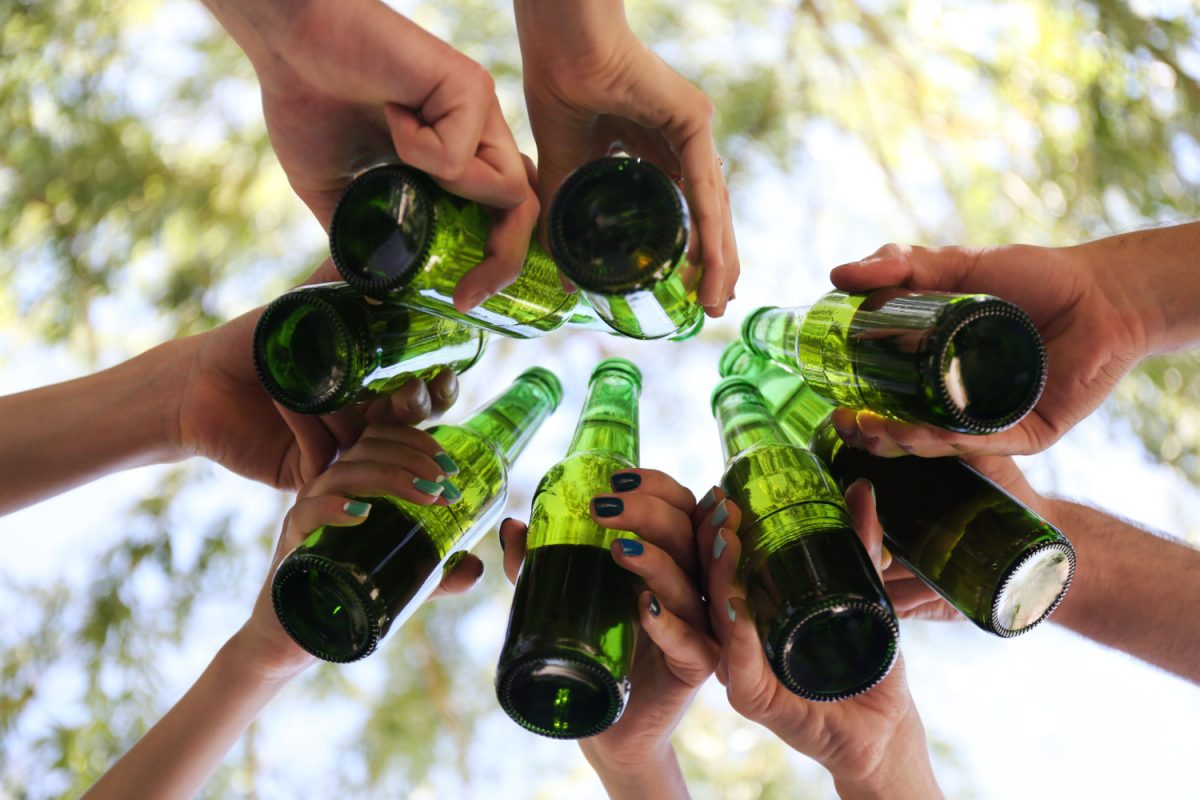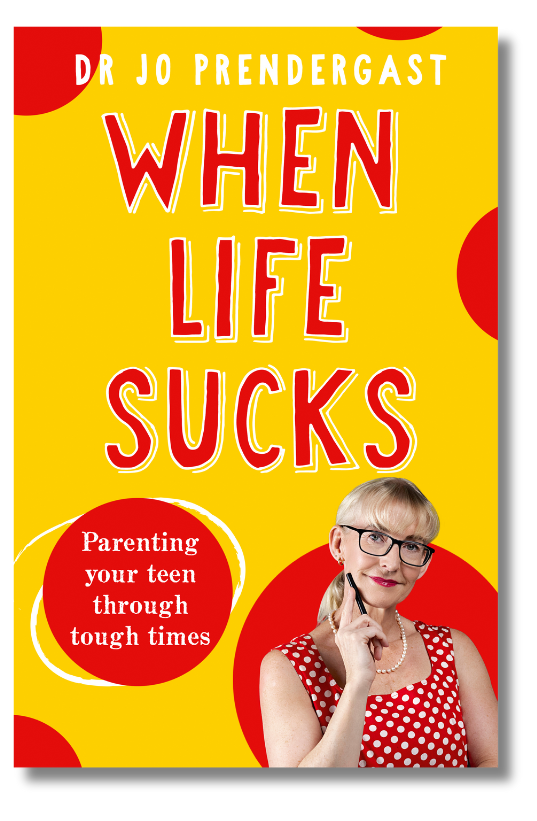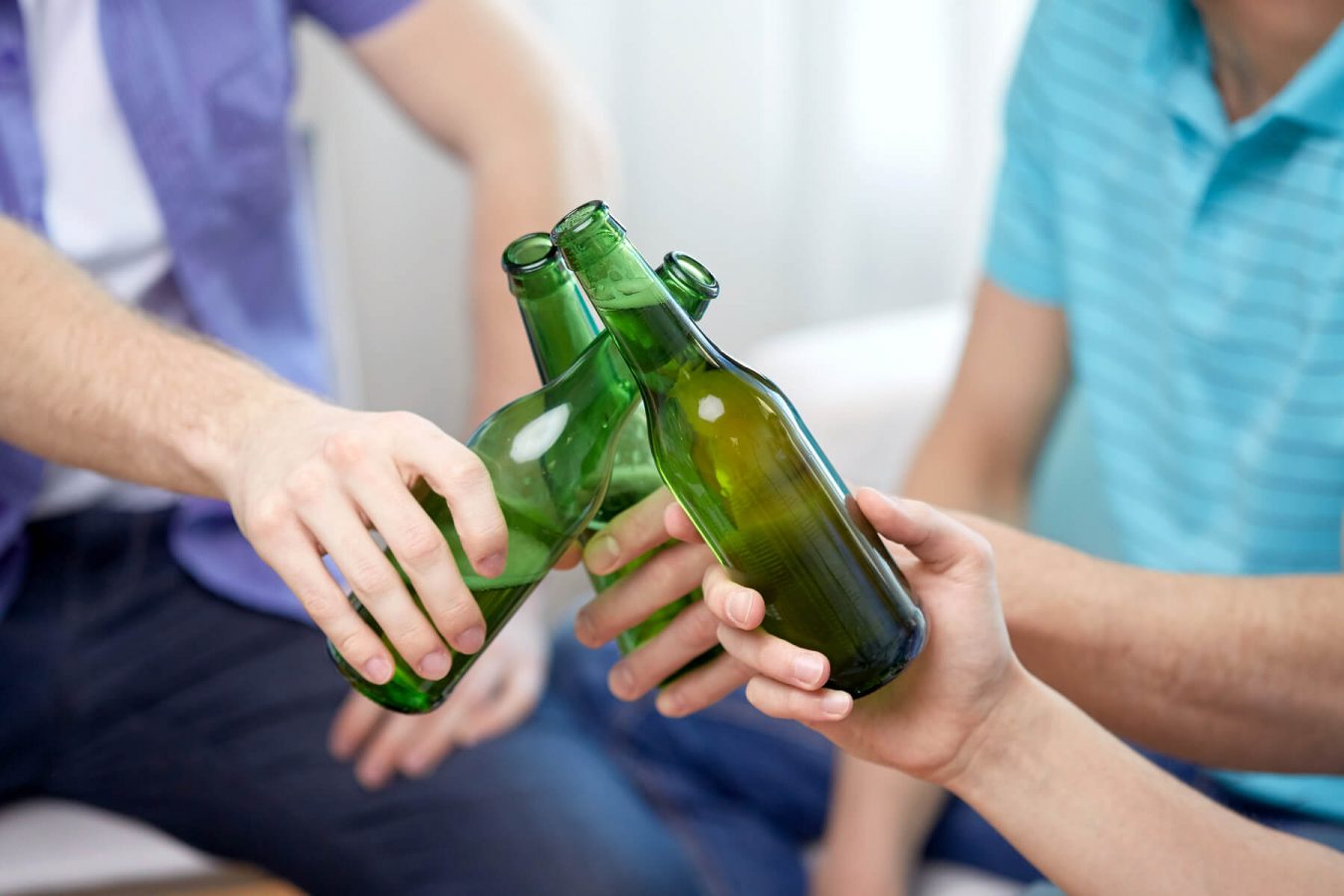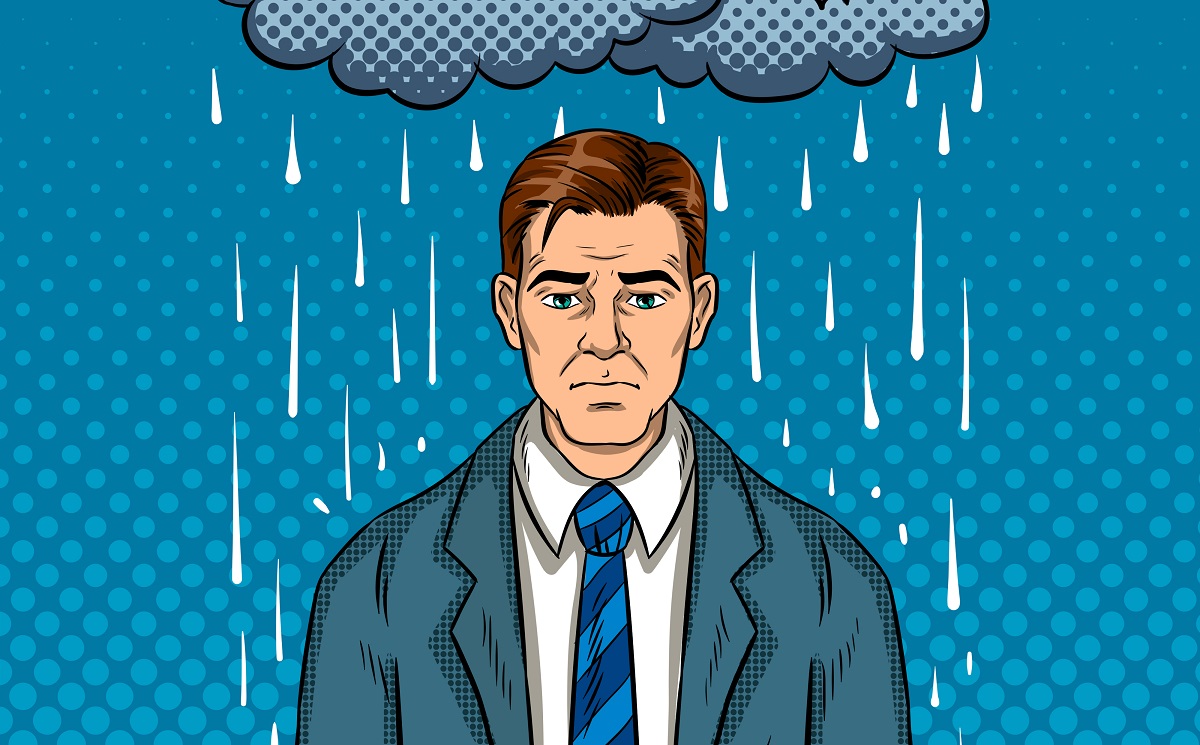
Supporting your teen's mental health can come with challenges. In this extract from her new book, parent and psychiatrist Dr Jo Prendergast shares practical tools to help make life a little lighter and support your teen towards a healthy headspace.
What does scientific research tell us about alcohol use in teens? Firstly, a warning: the findings are quite alarming, but try not to beat yourself up if your teen is drinking alcohol. I knew this information, but my teens still drank alcohol as older teens (though I did actively try to delay the start of it). I’m including this information so you can make informed decisions about your teen drinking. Most of these studies look at binge drinking rather than a few sips at home. Here’s some of the main findings:
• Alcohol affects teens differently to how it affects adults. Teens may have high rates of dangerous binge drinking because their brains seem less sensitive to the immediate side-effects of alcohol (like sleepiness and hangovers) and they seem to get more pleasure from drinking (including feeling less shy). The younger a teen is, the more significant these differences are.
• There are many studies showing negative effects of teen binge drinking on the brain. This includes a smaller learning area (hippocampus), effects on the decision-making area and how it functions (prefrontal cortex, especially in girls), and a reduction in white matter and brain connections and cognitive functions (working memory and pattern recognition) in teens who drink until they are drunk.
• A teen brain can compensate for a while, but performance may decline if heavy drinking continues into young adulthood.
• Early drinking of alcohol is connected with higher rates of alcohol dependence and worse outcomes. One study found that every year that alcohol use is delayed reduces the risk of alcohol dependence by 5–10 per cent. Another found the risk of alcohol dependence to be around 40 percent drinking starts before age 15, and drops to 10 per cent in those who start at age 20 or older.
• There are many risks that go along with alcohol use, including increased risk of other mental health problems and injuries, and risky criminal and sexual behaviours.
• The brain feedback loop to tell a teen that they have had enough alcohol doesn’t work very well as the frontal lobe seems to ‘disconnect’ at a certain blood alcohol level, so decision making becomes very poor.
• Many teens drink alcohol with the goal to get drunk, so there’s often little motivation to drink in moderation.

Many parents go for a ‘harm minimisation’ approach, letting their teens drink alcohol at home in the hope that it will reduce the novelty of alcohol and binge drinking, and encourage responsible drinking, as they accept that most teens will try alcohol. This ‘harm minimisation’ approach seems to be almost ‘folklore’ about how to manage teen drinking in New Zealand and Australia (although some parents offer teens alcohol and even drugs as a rite of passage into adulthood). In the USA ‘zero tolerance’ is more the norm. They have a higher drinking age (21) and adults can get arrested if they serve alcohol to minors. So, what does research tell us about ‘harm minimisation’ versus ‘zero tolerance’ of underage drinking? Basically, zero tolerance of teen drinking leads to fewer short- and long-term alcohol related problems than the harm minimisation approach.
It seems clear that alcohol is harmful for the teen brain and letting teens (especially under 16) drink alcohol, even with close supervision, increases their chance of problematic drinking. But how do parents manage this dilemma? I live in a country where most people drink alcohol, it’s the social norm, and the law allows 18-year-olds to go and buy as much alcohol as they want. Some parents manage the mammoth feat of encouraging their teens to avoid alcohol until they are in their twenties, but most parents have to find a version of harm minimisation that works for their family and their individual teen.
Research shows that there are some general protective factors that reduce the risk of a teen developing alcohol problems. The individual temperament of the teen and having non-drinking friends helps. Warm, supportive parenting and minimal drinking behaviour of older siblings can reduce the risk of problem drinking. These protective factors are especially important if the teen has other risk factors like EB, ADHD, depression or a family history of alcohol problems.

About the book
Dr Joanna Prendergast is a parent, psychiatrist and stand-up comedian based in Christchurch. Over the course of her career she has worked with children, teens and adults in a wide range of settings in Australia and Aotearoa New Zealand. She moonlights as the comedian Jo Ghastly, and is passionate about tackling big subjects in a lighthearted way. When Life Sucks is her first book.
This is an edited extract from When Life Sucks by Dr. Jo Prendergast, published in September 2023 by HarperCollins, RRP $34.99.
The Parents Website has partnered with Booktopia to bring you a special 10 per cent discount*, click here to claim the offer. The discount will automatically apply at the checkout.
*Terms & Conditions: Offer applied at checkout and cannot be used with any other. Does not apply to digital subscriptions, magazines, eBooks, gift certificates or postage.
Stay up to date with our newsletter here

